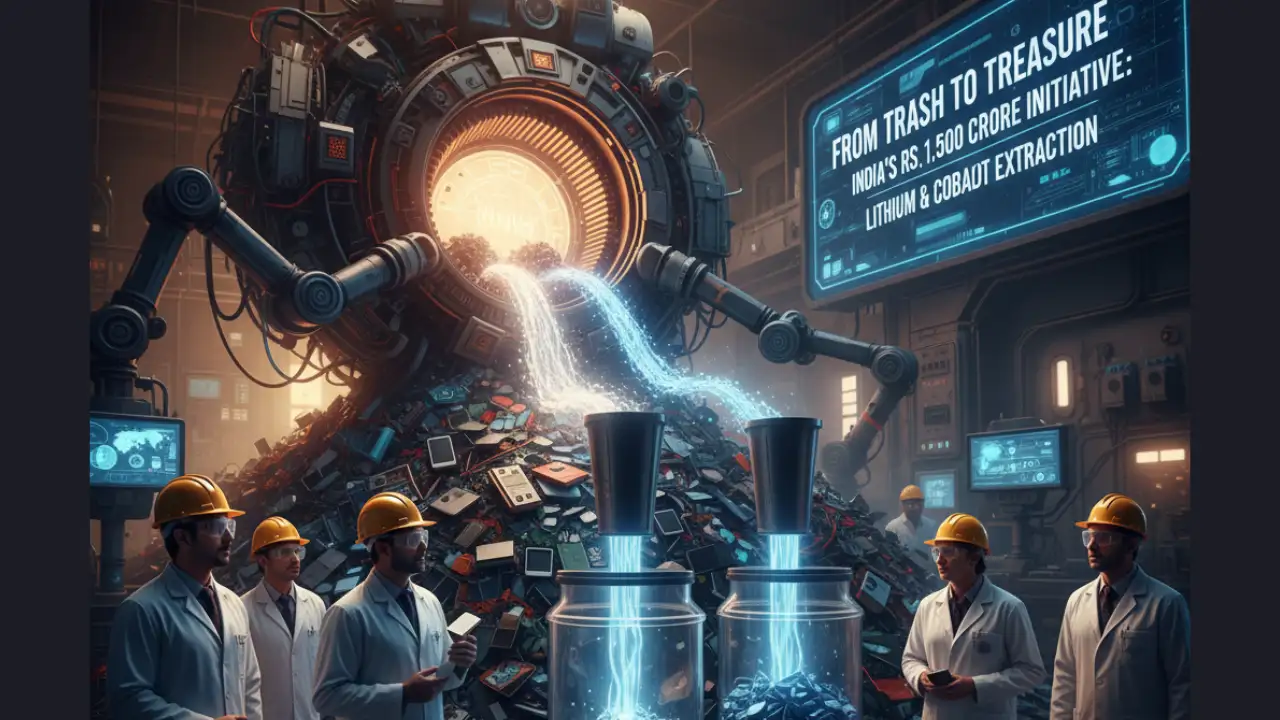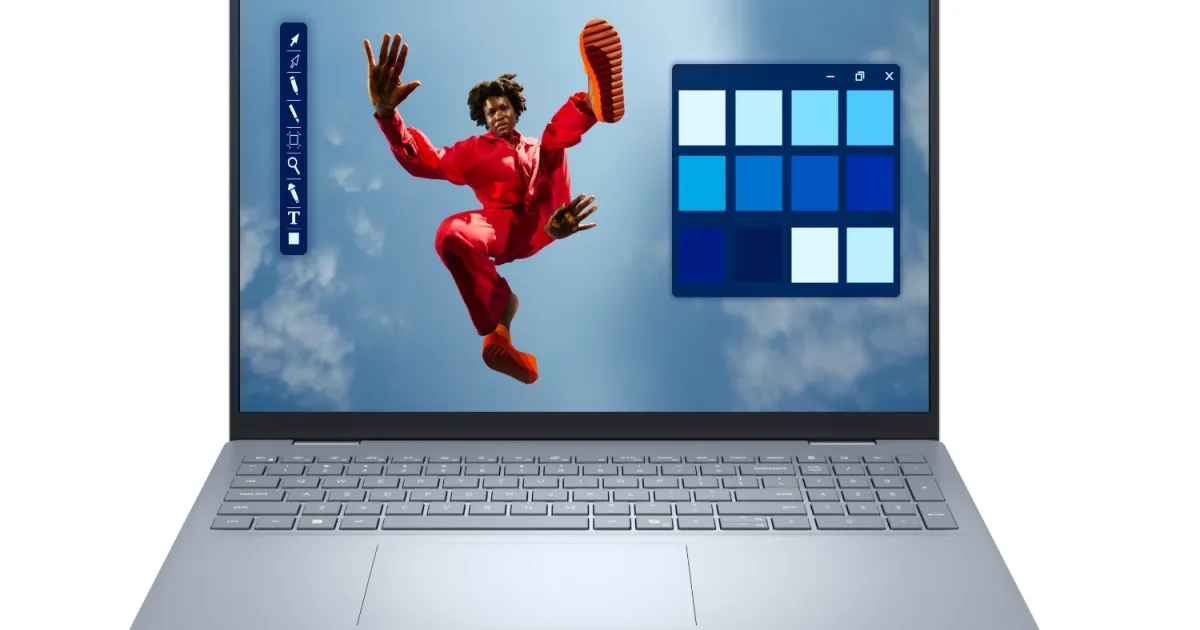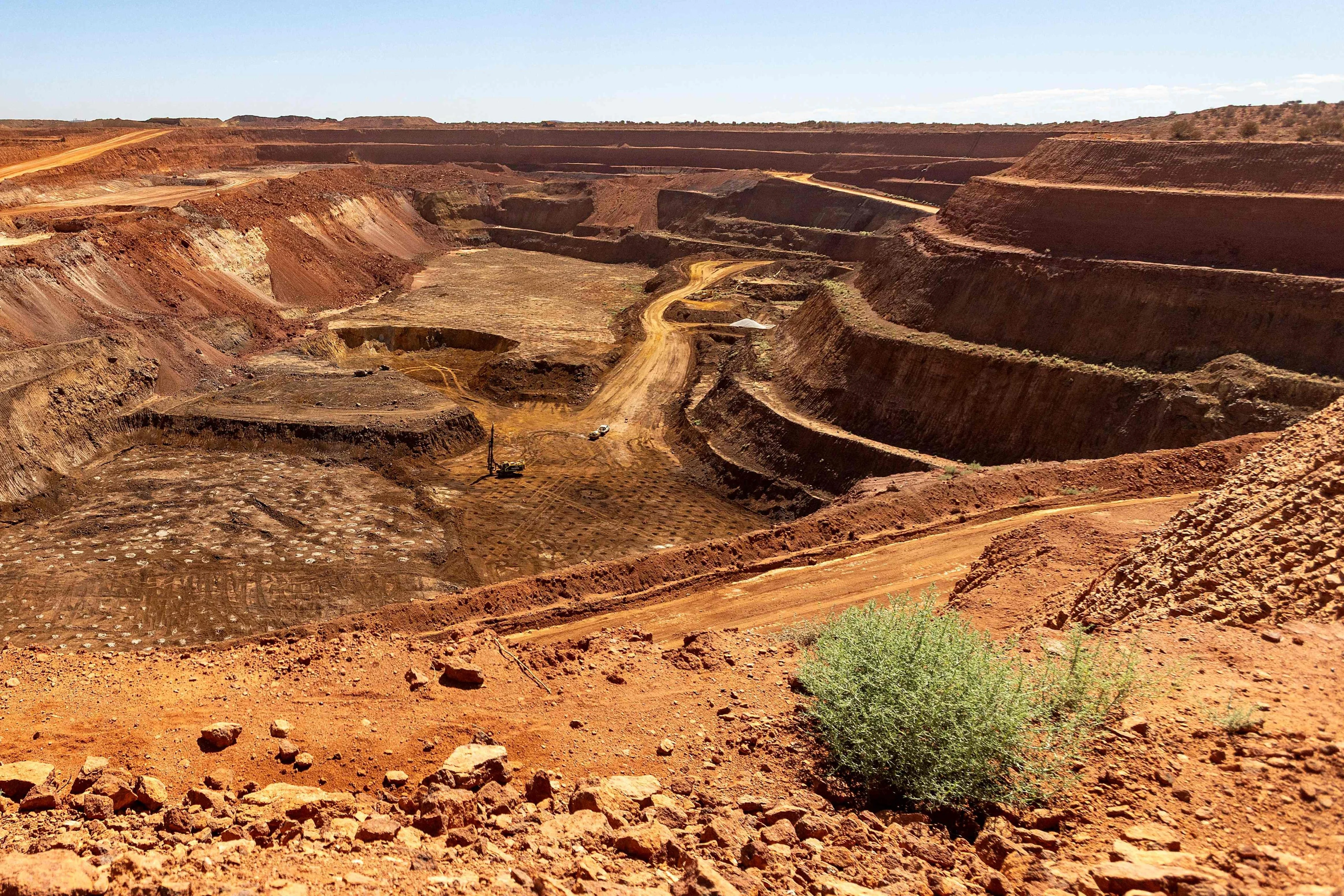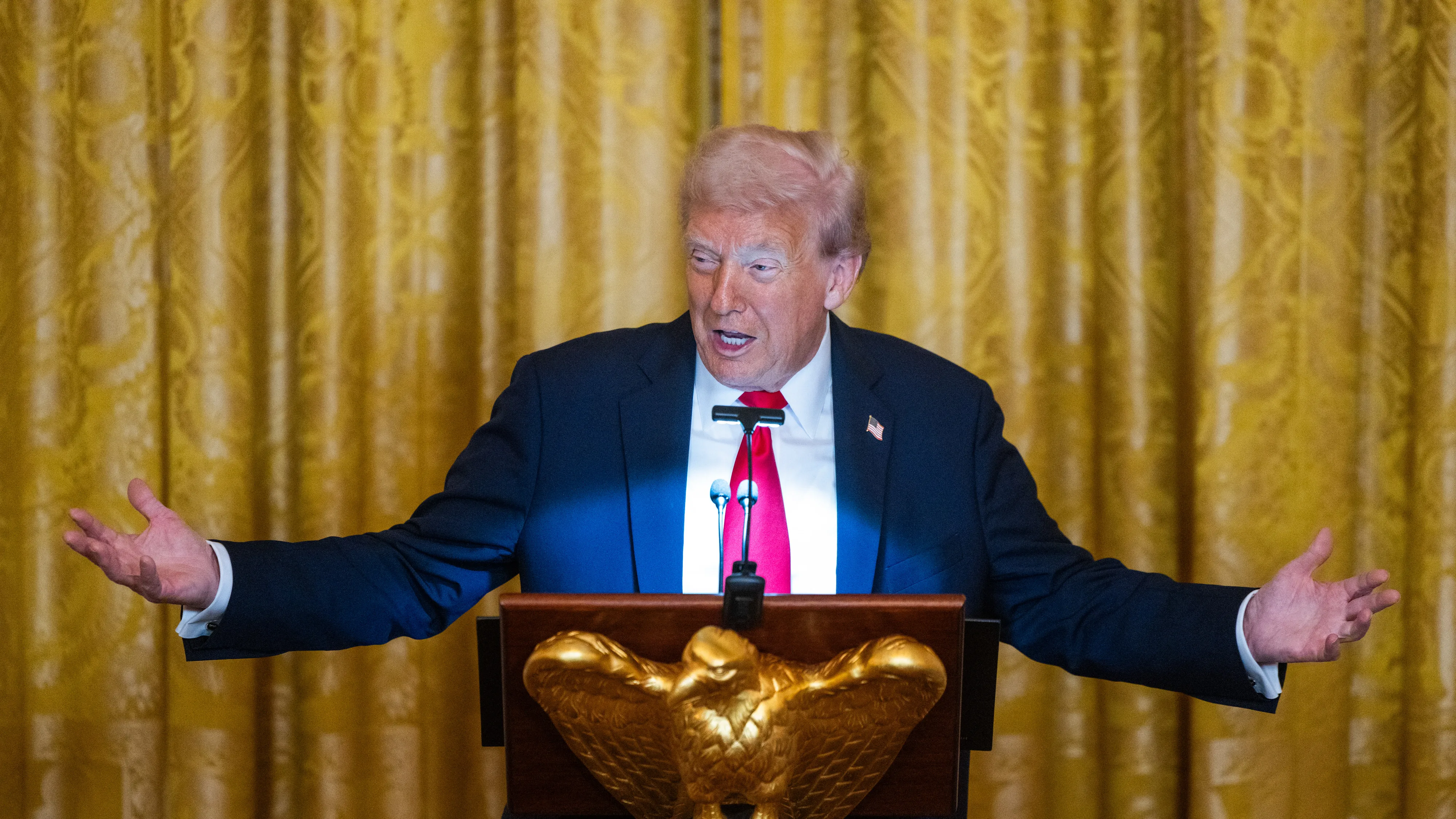Copyright timesnownews

India is intensifying efforts to recycle electronic waste and recover critical minerals vital to clean energy and manufacturing. The Ministry of Mines has rolled out a new Rs1,500 crore incentive scheme aimed at helping companies extract valuable metals like lithium, cobalt, and nickel from discarded electronics and used batteries , a move expected to reduce import dependence and formalize India’s recycling ecosystem. According to a press release issued by the Ministry of Mines, the initiative is part of the National Critical Mineral Mission and follows the Union Cabinet’s approval on September 3, 2025. Detailed guidelines for the scheme were released on October 2, 2025, after consultations with industry stakeholders. The Ministry said the application process opened the same day and has already attracted strong interest from recyclers and technology companies. Expanding India’s E-Waste Recycling Capacity India currently generates around 1.75 million tonnes of electronic waste and nearly 60 kilotonnes of spent lithium-ion batteries (LIBs) every year. With customs duties on imported LIB scrap scrapped in the 2025–26 Union Budget, the government expects a sharp increase in recycling opportunities over the next four to five years. Under the new framework, eligible feedstock includes e-waste, used LIBs, and catalytic converters from end-of-life vehicles. The scheme will reward recyclers who perform actual mineral extraction rather than merely exporting “black mass” , the powder residue containing valuable metals , which has been a common practice due to India’s limited processing infrastructure. Formalizing the Recycling Chain Feedstock collection will be strengthened through the Extended Producer Responsibility (EPR) mechanism, which requires manufacturers to collect and recycle their electronic and battery waste responsibly. The incentive scheme will also encourage informal dismantlers, crushers, and shredders to join the formal recycling network, expanding India’s domestic capacity to recover high-value minerals. Incentives and Technology Support To ensure wider participation, the Ministry capped incentives at Rs50 crore for large recyclers and Rs25 crore for smaller players. The program promotes the adoption of proven recycling technologies, such as hydrometallurgy, which separates metals from waste using aqueous solutions. Research institutions, including IITs and CSIR laboratories, have already developed indigenous methods for metal recovery and purification. These institutes are collaborating with the government to offer training in mineral processing, ensuring that India’s workforce can meet the scheme’s technical requirements. A Step Toward Resource Security The Ministry of Mines emphasized that the move aligns with India’s long-term goal of building a circular economy for critical minerals , key inputs in electric vehicles, renewable energy systems, and advanced electronics. By scaling up domestic recycling, the country aims to reduce reliance on foreign mineral imports while contributing to its climate and sustainability targets.



